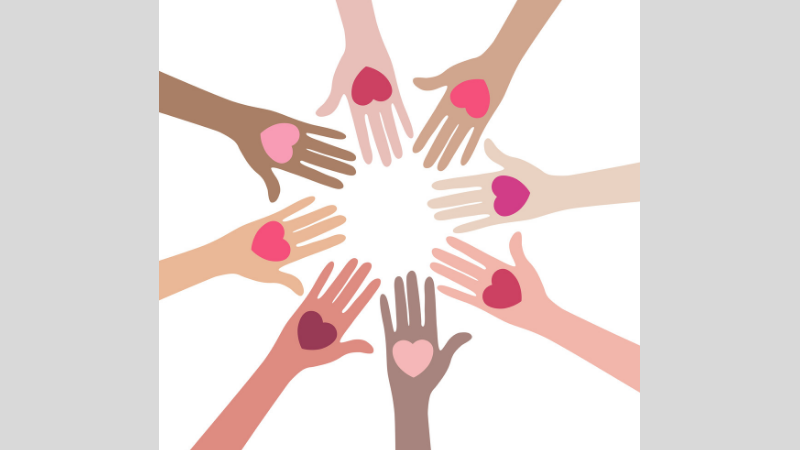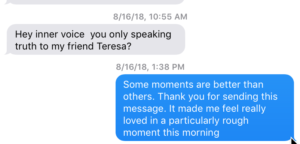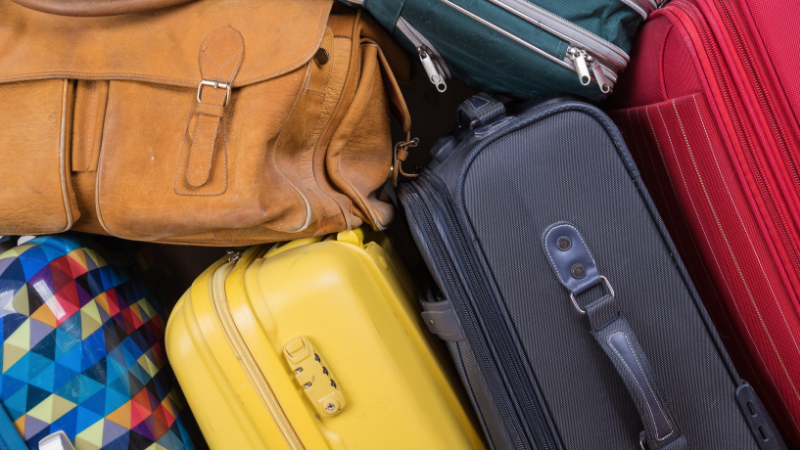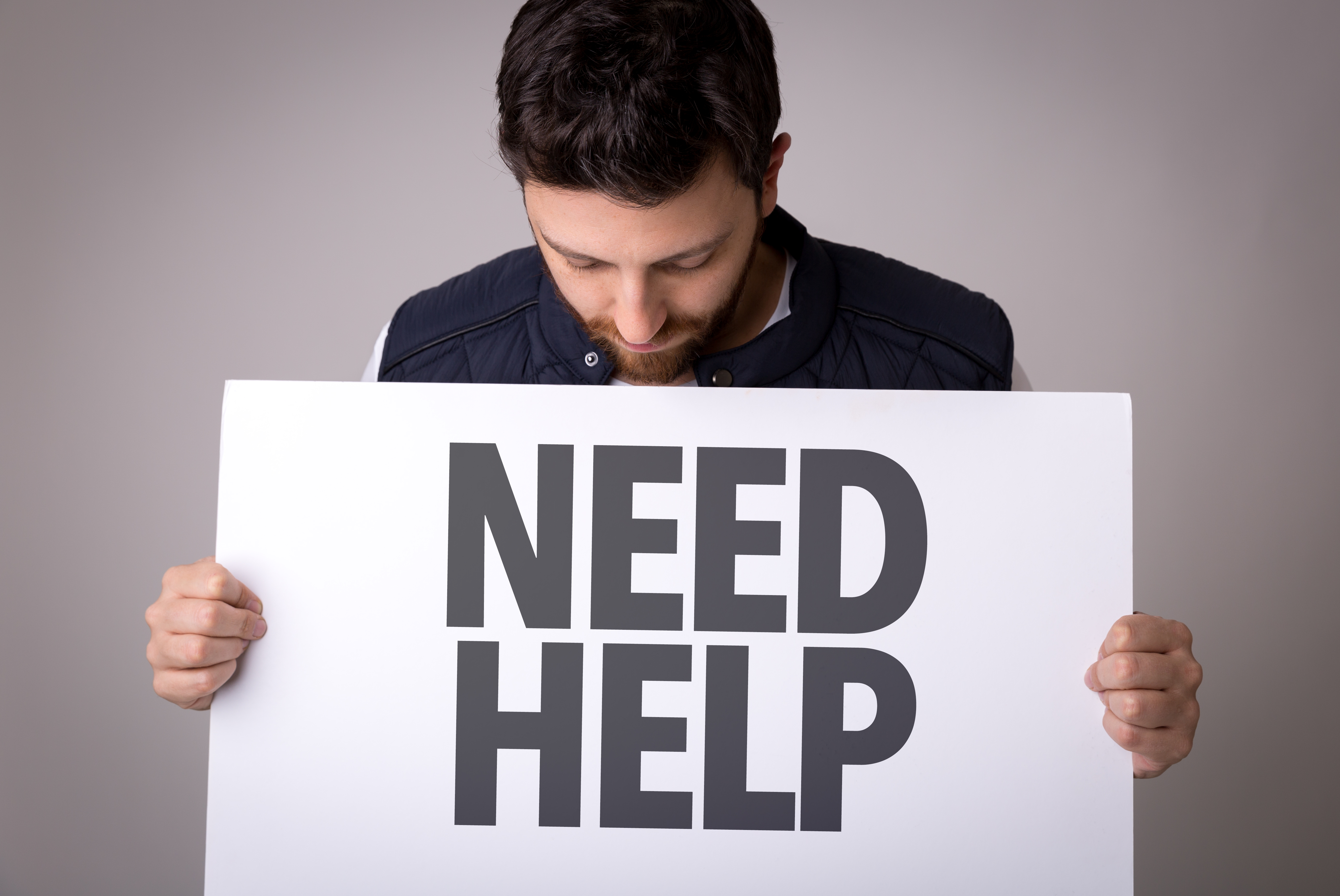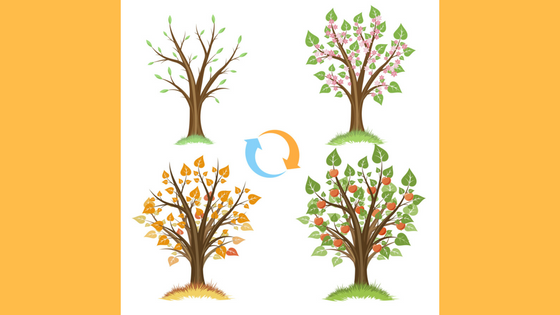Dear Friends, This Is How to Support Me in a Depression
Courtesy of my bipolar disorder, I recently went through a depression. It was nasty, it was ugly, and I hated it. It was also my best depression ever, and I’ve shared why in this article here. It helped that I got solid depression support.
One of the best actions I took during that depression was reaching out to my support network. It’s the first time I’ve done so, and getting depression support made a tremendous difference.
I know I’m lucky. Most people have no idea how to give depression support. I know this because I talk to people all the time who have a loved one or a friend with a mental illness who feel helpless.
“I wish I had the words to help [my friend] feel better.” “She ignores all my texts. There’s no point in sending them.” “We set up times to hang out, and he flakes. What’s the point of even trying?” “I give [loved one] advice, like going to take a walk, but they just don’t listen. What am I supposed to do if they don’t want to feel better?”
I get it. I totally get it.
From the outside, a depressed person looks lazy. Slothful. Their grooming is non-existent, and they hide from everyone. They become irresponsible, unmotivated, and generally frustrating people.
Let’s be honest: Depressed people are tough to be around. Conversations focus on their ugly feelings, and there’s usually no resolution to the discussion. As much as we want to love and support a depressed person, we also worry about our mental health, too.
Here’s a little-known secret: Depressed people know this. It’s one reason they flake on hanging out with you. They don’t want to bring you or the group down, and they especially don’t want to be a burden.
Here’s the reality: Depressed people really do want to feel better, but most times your simple (and solid) advice feels overwhelming from a practical perspective. How am I supposed to go to the gym when my brain actively fights me on just getting out of bed?
Going from depression to mentally healthy and resilient may be a simple process, but that doesn’t make it easy.
This is why I’ve never reached out to my support network before. I didn’t want to deal with the stigma of being the Debbie Downer of the group or deal with the judgment of being lazy and irresponsible.
Thankfully, many people in my support network have gotten educated enough on mental illness that I didn’t face any of that. Instead, they did a few simple things that made a tremendous difference for me. Getting good depression support makes a difference.
Depression Support Actions My Friends Took:
1. My friends sent text messages of love.
“Thinking of you” and “praying for you” messages are easy to send and transmit love and acceptance. One girlfriend sent me a message every three days. I don’t know if she calendared it or what, but her little notes of support were entirely welcome.
Even better, she sent them even though I only responded to one of them.
2. They reminded me that my inner critic is wrong.
One friend sent this text message:
When we are in a depression, our inner critic goes into overdrive. Even after years of therapy and hard work learning to combat that inner voice, depression still grants it a megaphone. This message reminded me that my brain lies to me and that I am not the awful failure it wants me to believe I am.
3. My friends came to me.
One friend heard I was in a depression and didn’t invite me to a coffee date. It’s good because I likely would have flaked. Instead, she told me she was bringing coffee to me.
By not demanding anything more from me than opening the door, she set me up positively for social time. I felt no pressure to do my hair, put on makeup, or take any of the actions that would have prevented me from being seen in public.
She also did not comment on my appearance or the mess in my house. She was there for me, and for me alone. Being judgment-free gave me space to enjoy her company without guilt.
4. My friends let me guide conversations.
There were opportunities for me to share my feelings, but it wasn’t forced. We also talked about movies, current tv shows, our kids, and more. Depression support may have been the reason they showed up, but they were willing to give me a respite from the experience.
5. They promised me hugs.
The only reason I went to church on Sunday was that a friend texted that there was a hug waiting for me. I didn’t wear makeup, and my clothes were wrinkled. Usually, that would mean I wouldn’t leave the house. But I had a friend at church expecting me so she could give me a hug and I couldn’t let her down.
CAUTION: This one may not work for everyone. One of my primary love languages is touch, so hugs go a long way toward helping me feel good. Others have strong negative associations with physical touch, so it may not be a good approach for them. For these people, I might try a different approach, such as “I have [favorite food] waiting for you” or something else that demonstrates you know the person well.
Here’s what they didn’t do:
1. No one told me to me buck up and get over it.
Seriously, if I could have chosen happiness and joy, I would have.
2. No one asked me what caused my depression.
Some depressions have a cause, such as financial stress, job loss, or grief. For some of us, depressions are just a part of life. When depression is coded into our DNA, asking us what “caused” the depression only worsens it. We feel additional guilt and shame over not having a good reason for feeling terrible.
3. No one told me to lay it at the Cross.
Faith and prayer are absolutely part of the recovery process, but depression requires a multi-pronged approach. Calling it a spiritual issue suggests that I’m a bad Christian at a moment when I’m particularly vulnerable.
While God works miracles, they are often through everyday means. My miracle has taken daily medication, therapy, journaling, support groups, and yes — my church, my Bible, and prayer.
4. No one asked me if I’d “taken [my] pill today?”
Yes, I take my Lamictal. While it helps stabilize my moods, it doesn’t erase them altogether. Essentially, it brings my highs and my lows a little closer to what a neurotypical person experiences. They’re still extreme, just less so.
Even well-medicated, I experience depresssion, anxiety, hypomania, and dissociation. I’m in a symptom-management game; this is an unwinnable war.
This is true of many psychiatric medications; they work over time and a single dose doesn’t make-or-break our mental state.
That being said, if you have a legitimate concern that I (or any loved one) has stopped taking their meds, this is an area where tone matters. If you can’t ask this question from a heart of love and concern, don’t ask.
Love and Suspension of Judgment Were the Keys
Ultimately, the best gift my friends gave me was letting me know that I’m loved. They gave me the gift of their presence and reminders of their care, and no one judged me or my actions while I was in my depression. At a time when our brains our criticizing us enough, pure love in a judgment-free atmosphere makes a huge difference.
To all my friends who reached out to me and supported me in this depression, Thank You. What may have seemed like small actions to you made a big difference to me. You impacted my depressive experience positively, contributing to it being one of easiest and shortest depressions I’ve experienced.
To those reading who have loved ones with depression: Small actions have big impacts. The key is to avoid judgment. Accept where they are and what they tell you at face value.
And, to those who live with depression as part of their diagnosis: If this list is helpful to you, please share it with those around you. Add to it or change it to match what you need during a depression. Not everyone will step up and follow it, and that’s OK. Some will. And if you still can’t find anyone, join my Facebook group. We will support you.
What has your support network done that’s helped you? What would your list look like?
Looking for daily inspiration and community? Join our warm and supportive Facebook group!

